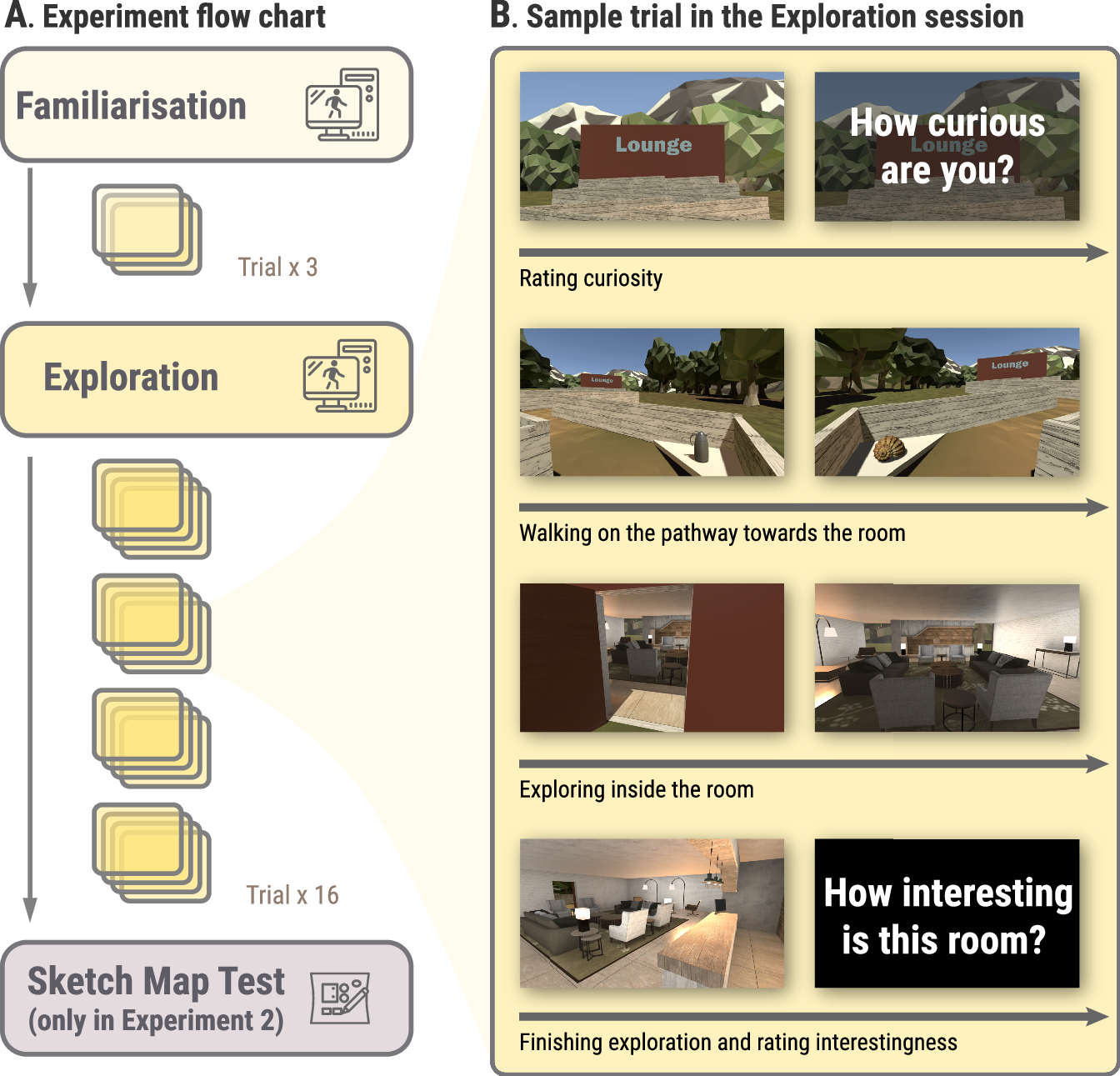2025-04-03 インペリアル・カレッジ・ロンドン

<関連情報>
- https://www.imperial.ac.uk/news/262653/hypertension-during-pregnancy-linked-with-dilated/
- https://jamanetwork.com/journals/jamacardiology/article-abstract/2831834
妊娠高血圧症候群と拡張型心筋症の長期リスク Hypertensive Disorders of Pregnancy and Long-Term Risk of Dilated Cardiomyopathy
Upasana Tayal, PhD; Constantinos Kallis, PhD; Georgie M. Massen, MSc; et al
JAMA Cardiology Published:April 2, 2025
DOI:10.1001/jamacardio.2025.0328
Key Points
Question What is the association between hypertensive disorders of pregnancy and the development of dilated cardiomyopathy?
Findings In this UK population-based cohort study, hypertensive disorders of pregnancy were associated with a 2-fold greater hazard of developing dilated cardiomyopathy. Dilated cardiomyopathy developed a median of 5 years after delivery among those with hypertensive disorder of pregnancy, and older maternal age and incident postpartum hypertension were associated with the development of dilated cardiomyopathy in at-risk patients.
Meaning Long-term clinical vigilance of patients with a history of hypertensive disorders of pregnancy for the development of dilated cardiomyopathy may be warranted.
Abstract
Importance The impact of hypertensive disorders of pregnancy on developing dilated cardiomyopathy is unknown.
Objective To determine whether hypertensive disorders of pregnancy are associated with long-term risk of dilated cardiomyopathy.
Design, Setting, and Participants This population-based cohort study performed in England used the following linked electronic health records databases: Clinical Practice Research Datalink (CPRD) Pregnancy Register, CPRD Aurum (primary care), Hospital Episode Statistics Admitted Patient Care, and Office for National Statistics mortality data. Participants included an exposed cohort of 14 083 patients in their first pregnancy with hypertensive disorders of pregnancy (index date observed: January 1997 to December 2018; followed up until July 2023) and unexposed cohort of 70 415 with normotensive pregnancies randomly sampled from the Pregnancy Register (5:1 ratio).
Exposure Hypertensive disorder of pregnancy (preeclampsia, gestational hypertension).
Main Outcomes and Measures Cox proportional hazards models were fitted to estimate hazard ratios (HRs) of developing dilated cardiomyopathy.
Results The cohort included 14 083 individuals with a hypertensive disease of pregnancy during their first pregnancy and 70 415 individuals with normotensive first pregnancies. A first-time pregnancy complicated by a hypertensive disorder of pregnancy, compared with a normotensive first-time pregnancy, was associated with a 93% higher risk of developing dilated cardiomyopathy (adjusted HR, 1.93 [95% CI, 1.33-2.81]; P = .001; adjusted for maternal age). Dilated cardiomyopathy developed a median (IQR) of 5.1 (0.7-10.6) years post partum in those with HDP and 10.6 (4.2-15.8) years post partum in those with normotensive first pregnancies. The association remained significant after adjusting for maternal age, birth year, gestational diabetes, postpregnancy diabetes, postpregnancy hypertension, total parity, ethnicity, and socioeconomic status (adjusted HR, 1.55 [95% CI, 1.04-2.31]; P = .03). There was a dose response; there was a higher risk of DCM in those with preeclampsia (adjusted HR, 1.85 [95% CI, 1.24-2.76]; P = .002) and severe preeclampsia (adjusted HR, 4.29 [95% CI, 2.32-7.96]; P < .001). Maternal age (adjusted HR per year of age, 1.06 [95% CI, 1.03-1.08]; P < .001) and postpartum incident hypertension (adjusted HR, 1.68 [95% CI, 1.16-2.42]; P = .006) were independently associated with the development of DCM.
Conclusions Patients with hypertensive disorders of pregnancy had a greater risk of developing dilated cardiomyopathy. Older maternal age and postpartum hypertension were associated with higher risk of dilated cardiomyopathy after a hypertensive disorder of pregnancy. These findings support long-term clinical vigilance of patients with a history of hypertensive disorders of pregnancy.

